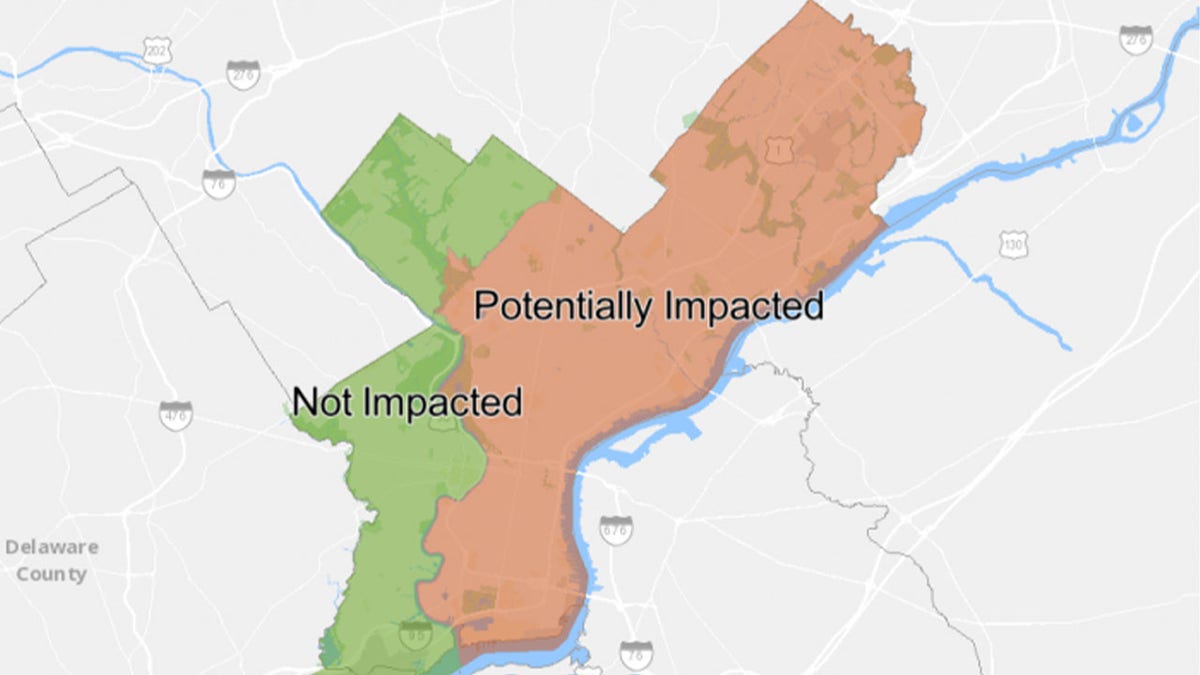Fox News Flash top headlines for March 26
Fox News Flash top headlines are here. Check out what's clicking on Foxnews.com.
Philadelphia residents on Sunday were advised to drink bottled water after chemicals were released into the Delaware River in a neighboring county.
The Philadelphia Water Department said Sunday it was responding to a spill of a latex product that Occurred along a Delaware River tributary. The spill would potentially affect water treated at the Baxter Drinking Water Treatment Plant, the department said.
"At this time, no contaminants have been found in our tap water system. Out of an abundance of caution, residents in the impacted areas may want to switch to bottled water," the department said.
PENNSYLVANIA CHOCOLATE FACTORY EXPLOSION LEAVES FIVE DEAD, TWO MISSING: REPORT
Later Sunday, the department said it was confident, "based on updated hydraulic modeling and the latest sampling … that tap water from the Baxter plant will remain safe to drink through 11:59 p.m., March 27."
Bucks County health officials said a leak at the Trinseo Altuglas chemical facility in Bristol Township spilled between 8,100 and 12,000 gallons of a water-based latex finishing solution into the river. Officials said it is non-toxic to humans and no known adverse health effects have been reported in the county.
Officials said intakes to the city's Baxter Drinking Water Treatment Plant were closed after the spill but they were opened overnight to maintain minimal water levels to avoid damage to equipment and to supply water for fire safety and other essential needs.

A map showing the potentially impacted areas of the chemical spill. (phila.gov)
State environmental officials are leading the response. Pennsylvania American Water said its Yardley Water Treatment plant about 15 miles upstream of the release remains unaffected. Aqua said it shut off the intake to its Bristol water system to protect customers and had seen no impact from the spill.
CLICK HERE TO GET THE FOX NEWS APP
Trinseo senior vice president of manufacturing and engineering Tim Thomas told WPVI-TV Saturday that the material posed no risk to the public. "It's like the material you find in paint," he told the station. "It's your typical acrylic paint you have in your house, that's what really this material is, in a water base."
The Associated Press contributed to this report.


